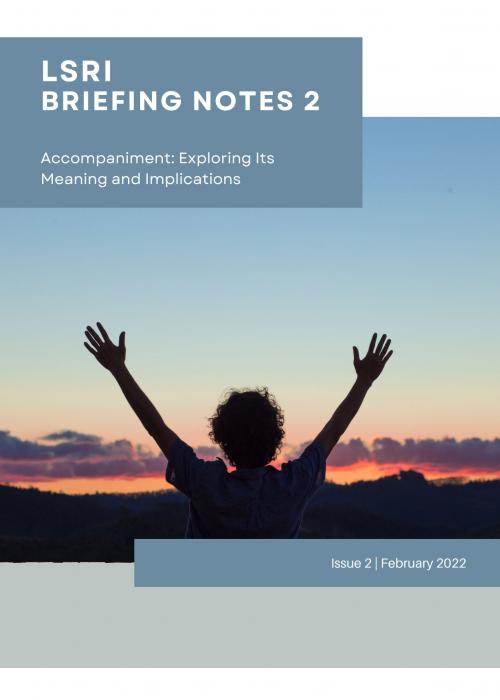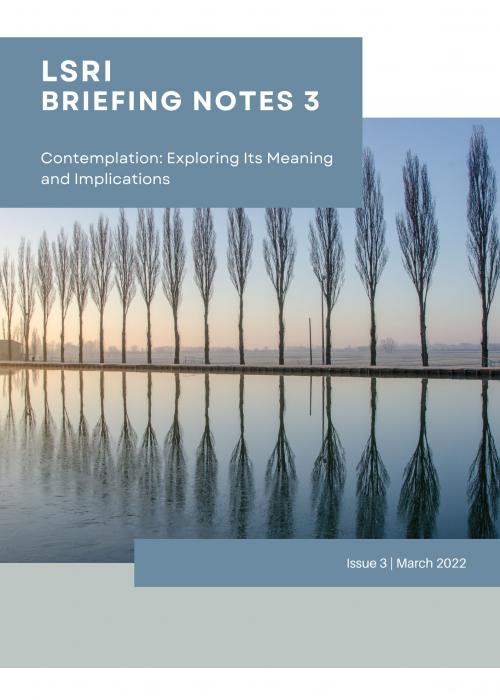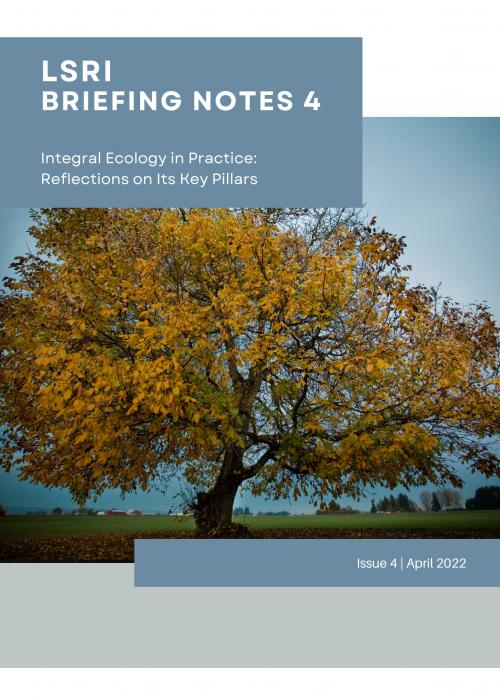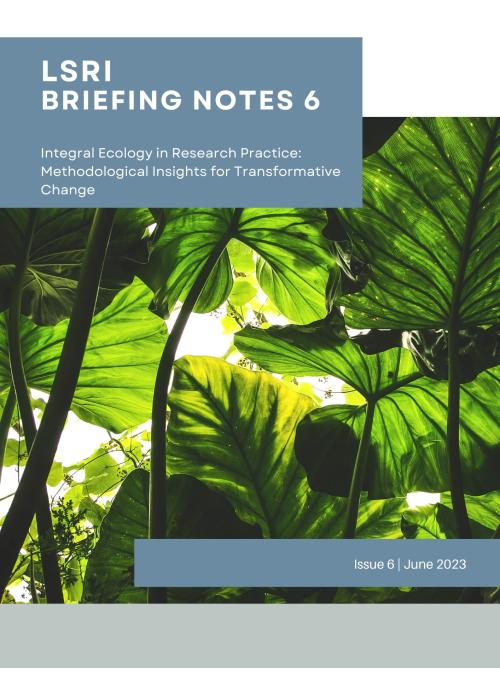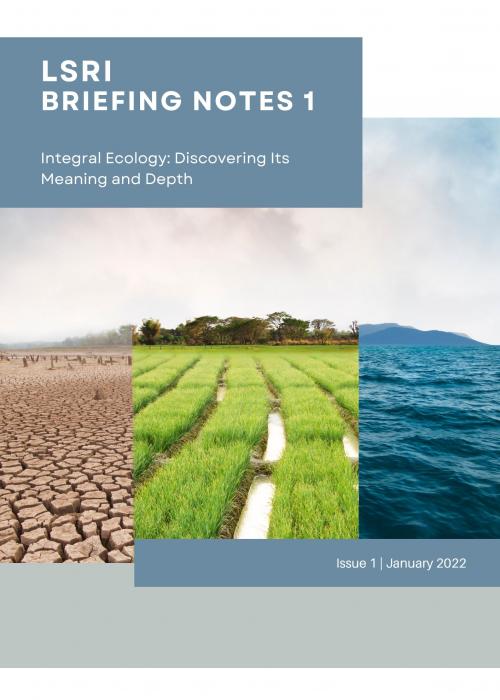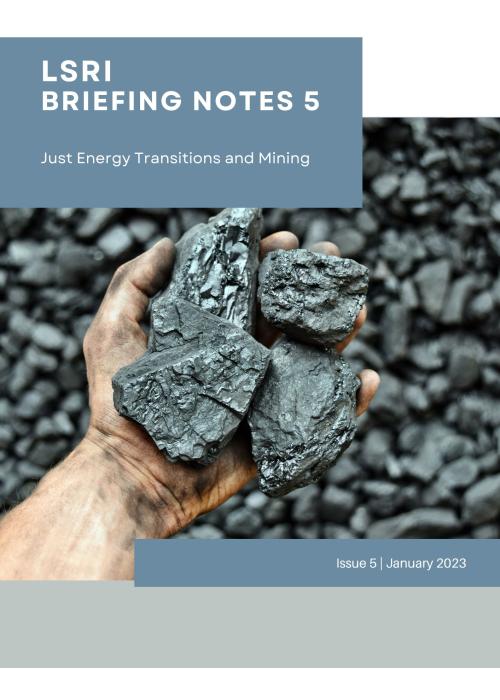Integral Ecology in Research Practice: Methodological Insights for Transformative Change
Description
Contemporary social and ecological injustices, such as those caused by climate change, biodiversity loss, poverty, and inequality, are systemic and interlinked. For that reason, many argue that conventional modes of knowledge production and conventional research are, at best, insufficient for addressing these challenges, at worst, can help perpetuate them. This raises serious questions for researchers’ current practices. How can researchers overcome the limitations of conventional research methodologies and modes of knowledge production? Could the emerging ‘integral ecology’ paradigm help provide a better framework for research? What methodologies and ethical underpinnings should researchers practise so that their research better aligns with care for our living planet?
In this paper, we seek to understand how the paradigms of transdisciplinarity and integral ecology could answer the above questions. In so doing, we hope to illuminate what integral ecology research could look like and how it might be practised. The analysis proceeds in three parts. First, we highlight the ways in which integral ecology challenges dominant epistemologies and modes of research. Second, we provide a selective review of developments in transdisciplinary research that respond to those challenges. Finally, we reflect on a recent attempt to put integral ecology into practice through a research initiative focusing on climate change adaptation in food systems in Africa.



